Canada has a range of rebate and incentive programs for electric vehicle chargers that owners looking to purchase a charger may be curious about. We've put together a guide to the various rebates and incentives available across the country for electric vehicle chargers that we hope you'll find helpful!
Federal Incentives
-
Zero-Emission Vehicle Infrastructure Program (ZEVIP): This program provides funding to increase the availability of EV charging and refueling stations across Canada. ZEVIP covers various types of installations, including workplace, public parking, commercial and multi-unit residential buildings. This initiative aims to support the deployment of EV chargers where Canadians live, work, and play.
-
Tax Incentives: The federal government also offers tax benefits for businesses that install EV chargers. Businesses can write off the total cost of eligible electric vehicle charging stations in the year they are put into use. This accelerated capital cost allowance aims to reduce the financial burden on businesses and encourage the more widespread installation of EV infrastructure.

Provincial and Territorial Incentives
Incentives for EV chargers vary across Canadian provinces and territories to meet the different needs of each region. Some regions may not have a corresponding incentive program but may be able to save money from other programs.
British Columbia
-
CleanBC Go Electric Program: Offers up to 50% in rebates on the purchase and installation of eligible EV chargers, with a maximum of $350 for single-family homes and $2,000 for condos, apartments, and workplaces.
-
BC Hydro Rebate: Provides rebates covering up to 50% of the total installation costs for eligible Level 2 chargers, with a limit of $2,000 per charger for BC Hydro customers.
Quebec
In Quebec, individuals looking to install an electric vehicle (EV) charging station can benefit from governmental financial support. The incentive offered by the Quebec government allows for a rebate of up to $600 for the purchase and installation of a Level 2 home charger. For installations in multi-unit buildings, the rebate can cover up to 50% of the costs, with a maximum of $5,000 per charging station or connector (Gouvernement du Québec).
Yukon
The Yukon offers the most incentives for the installation of Level 2 electric vehicle (EV) chargers, which are designed to encourage residents and businesses to adopt more environmentally friendly technologies.
-
Residential Rebates: Homeowners in Yukon can apply for rebates covering 50% of the purchase and installation costs of Level 2 EV chargers, with a maximum rebate of $1,500 per charger. Eligible residences include single detached homes, duplexes, triplexes, and mobile homes. The program considers dual-port chargers as one charger for rebate purposes, and a maximum of two chargers per residence can qualify over the lifetime of the program.
-
Business and Non-Government Organization Rebates: For businesses and non-government organizations, the rebate covers 75% of the total costs associated with the purchase and installation of certified EV chargers, up to a maximum of $7,500 per charger. The program allows for a maximum of 20 chargers per building and is available until March 31, 2025, subject to funding availability.
-
Municipalities and First Nations Governments: For these groups, the rebate is even more generous, covering 90% of the total installation costs up to $9,000 per charger, with the same maximum of 20 chargers per building.
These incentives are part of Yukon's broader "Good Energy Program," which supports the adoption of clean energy technologies across different sectors and building types. The program requires all applicants to ensure that their electrical systems can support an EV charger and to consult with an electrician if electrical upgrades are necessary. All installations must be inspected and approved to qualify for the rebate.
Alberta
In Alberta, there are currently no provincial rebates specifically for EV chargers. However, FortisAlberta offers an EV Smart Charging Pilot program providing benefits to participants and advising on setting up home charging stations. Municipalities in Alberta also offer some funding for EV infrastructure through various programs. Additionally, there is guidance available for integrating solar energy with home EV charging systems, which can enhance energy efficiency and sustainability.
New Brunswick
In New Brunswick, residents and organizations can benefit from the Plug-In NB Rebate Program, which offers financial incentives for purchasing and installing Level 2 EV chargers. Through this program, eligible applicants can receive rebates covering 50% of the costs associated with purchasing and installing a new Level 2 EV charger, up to a maximum of $750. The rebate is available to those who have also received a vehicle rebate under the same program.
To ensure eligibility, the chargers must meet certain specifications and be installed by a licensed electrician. More detailed guidelines and a list of eligible chargers are available to help applicants ensure they meet all necessary criteria (NB Power).
Prince Edward Island
-
EV Purchase Incentive: The Government of Prince Edward Island offers a generous incentive for purchasing new or used EVs. Buyers can receive $5,000 for a new or used fully electric vehicle and $2,500 for a plug-in hybrid. This incentive is available directly at the point of purchase from PEI dealerships, where the rebate is applied to the vehicle price.
-
Charging Incentive: As of March 1, 2023, instead of providing a free charger, the province offers a $750 incentive that can be used towards the purchase and installation of a Level 2 charger or towards charging costs for those who may not be able to install a charger.
-
Installation Support: The PEI government encourages business and community organizations to install EV charging stations by offering to cover up to 75% of eligible costs for installing commercial EV chargers in public parking areas, workplaces, and multi-unit residential buildings.
For more detailed information, you can visit the official Government of Prince Edward Island website or the specific program pages concerning EV incentives and the PEI Electric Vehicle Charging Funding Program.
Combining Different Incentives: A How-To Guide
In Canada, federal, provincial, and utility incentives can be used in combination. This can maximize savings and the following is a brief guide that may be helpful:
1. Understand Eligibility Requirements
Each program has specific eligibility criteria, such as the type of EV charger, the applicant's location, and whether the installation is at a residential or commercial property. For instance, some provincial rebates like those in Quebec and British Columbia require the charger to be installed by a licensed electrician and may only apply to certain charger models. It should also be noted that the models of charging posts sold at Autel Energy stores meet the requirements of the Canadian provinces of Quebec and British Columbia.
2. Start with Federal Incentives
Begin by applying for federal incentives like those offered through the Zero-Emission Vehicle Infrastructure Program (ZEVIP), which can cover a significant portion of the cost for eligible projects. Remember, these programs often require pre-approval before purchasing and installing the charger.
3. Add Provincial/Territorial Incentives
Check for additional provincial incentives such as British Columbia’s CleanBC Go Electric Program or Quebec’s home charger rebate program. These programs can sometimes be used in conjunction with federal incentives, doubling your savings.
4. Look for Utility and Local Government Programs
Utility companies, like BC Hydro or FortisBC, and some municipal governments offer rebates that can be combined with federal and provincial incentives. These may cover a percentage of the installation costs or offer a flat rebate.
5. Apply for Tax Benefits
Businesses installing EV chargers in Canada can benefit from federal tax incentives allowing a write-off of the full cost of the charger in the year it is put into use. This can further reduce the net cost of installation.
6. Document and Keep Records:
Keep all receipts and documentation related to the purchase and installation of the EV charger. Many programs require detailed records to process your rebate claims effectively.
7. Stay Informed
Incentive programs can change, and new ones may be introduced. Regularly check relevant government and utility websites for the most current information.
Please understand the specifics of each program and make sure you meet all application requirements.
Conclusion
Canada's vibrant EV charger rebates and incentives can provide you with tangible financial benefits. Stay tuned to federal and provincial websites for up-to-date information to ensure you get the most out of these incentives.
Related reading: Canadian Electric Vehicle Rebates and Incentives Guidelines
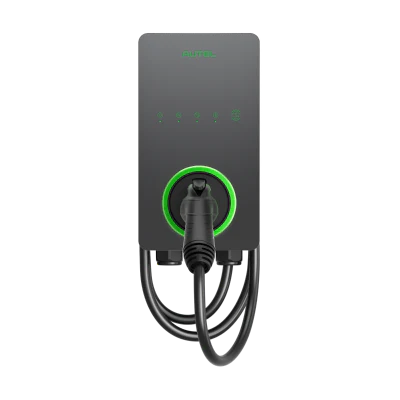
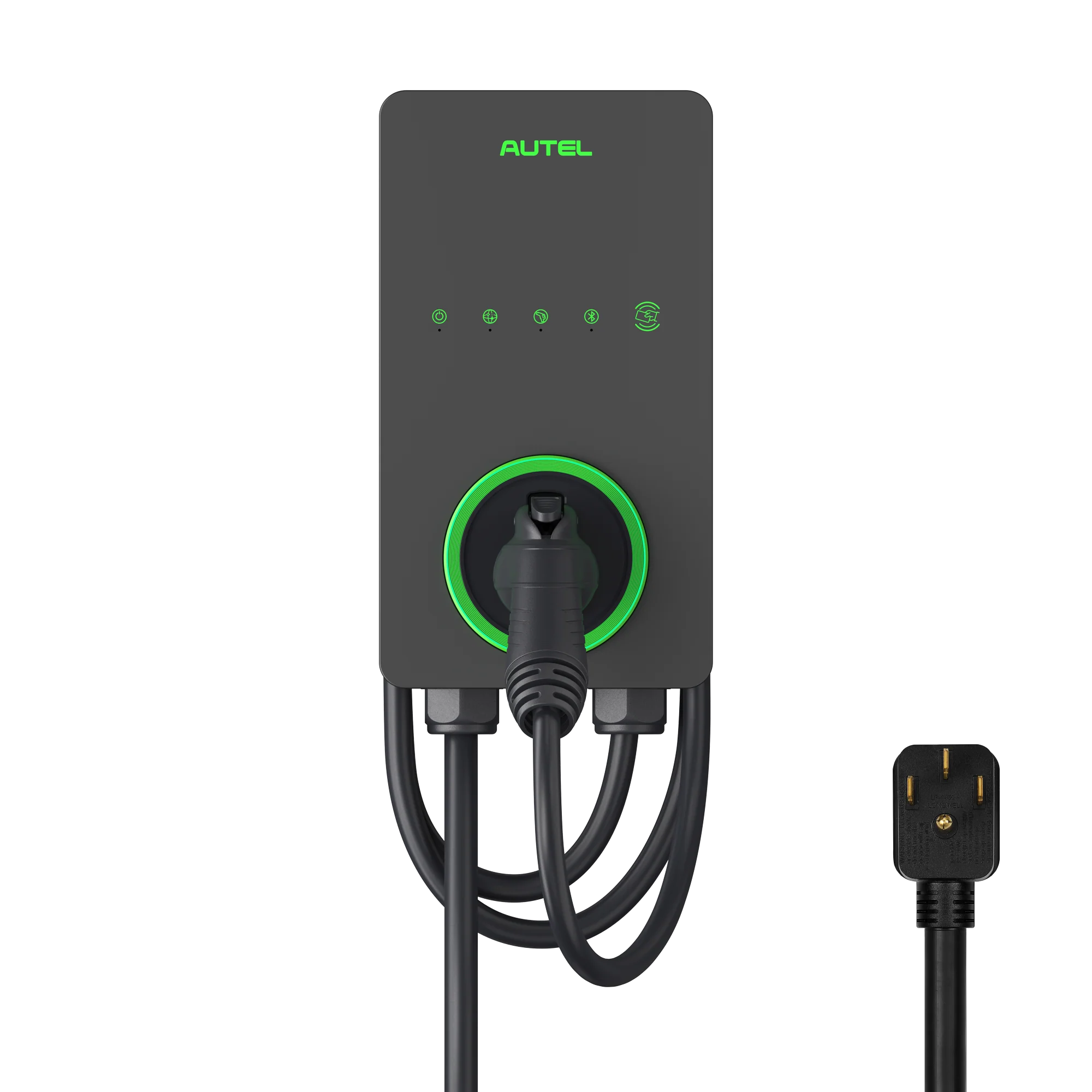
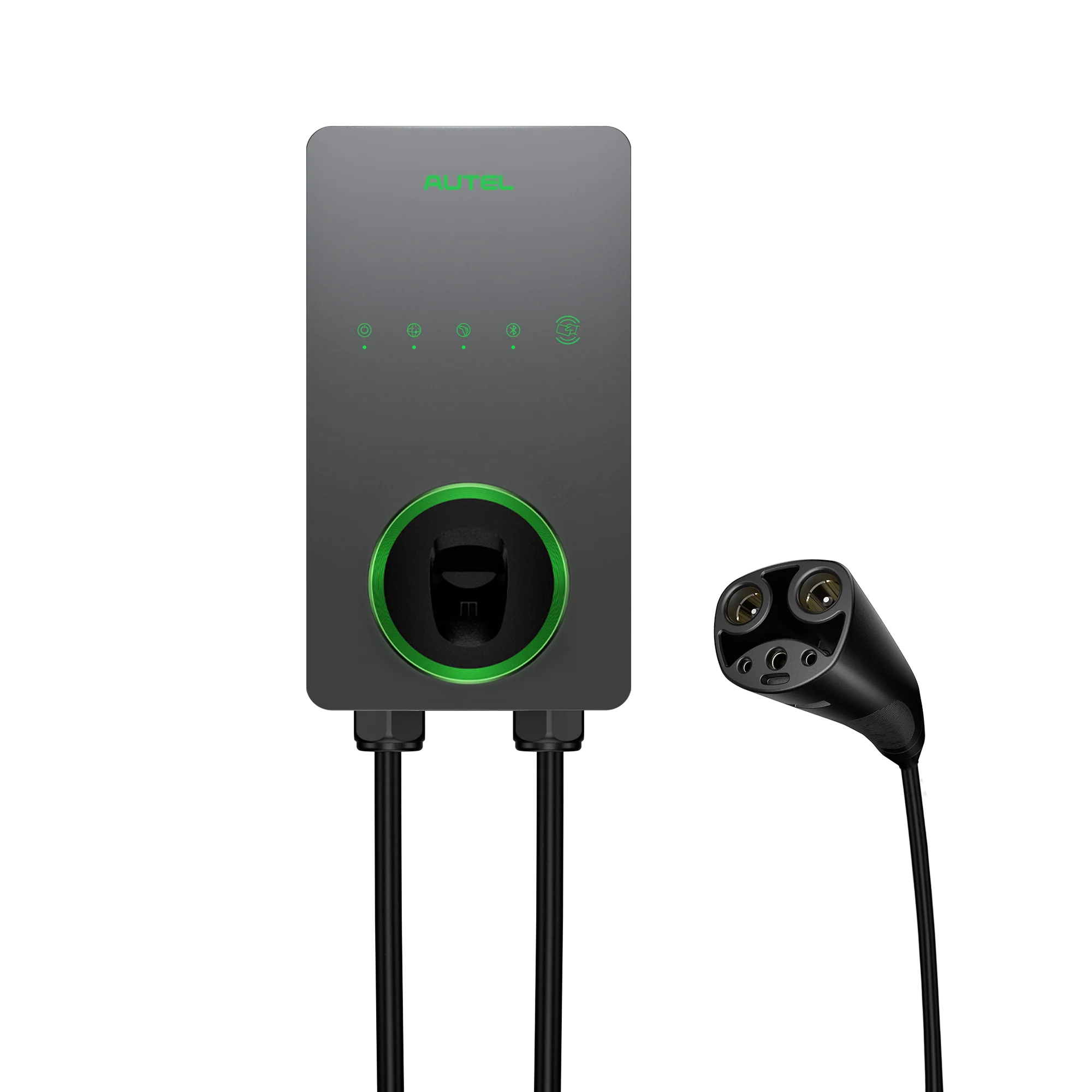
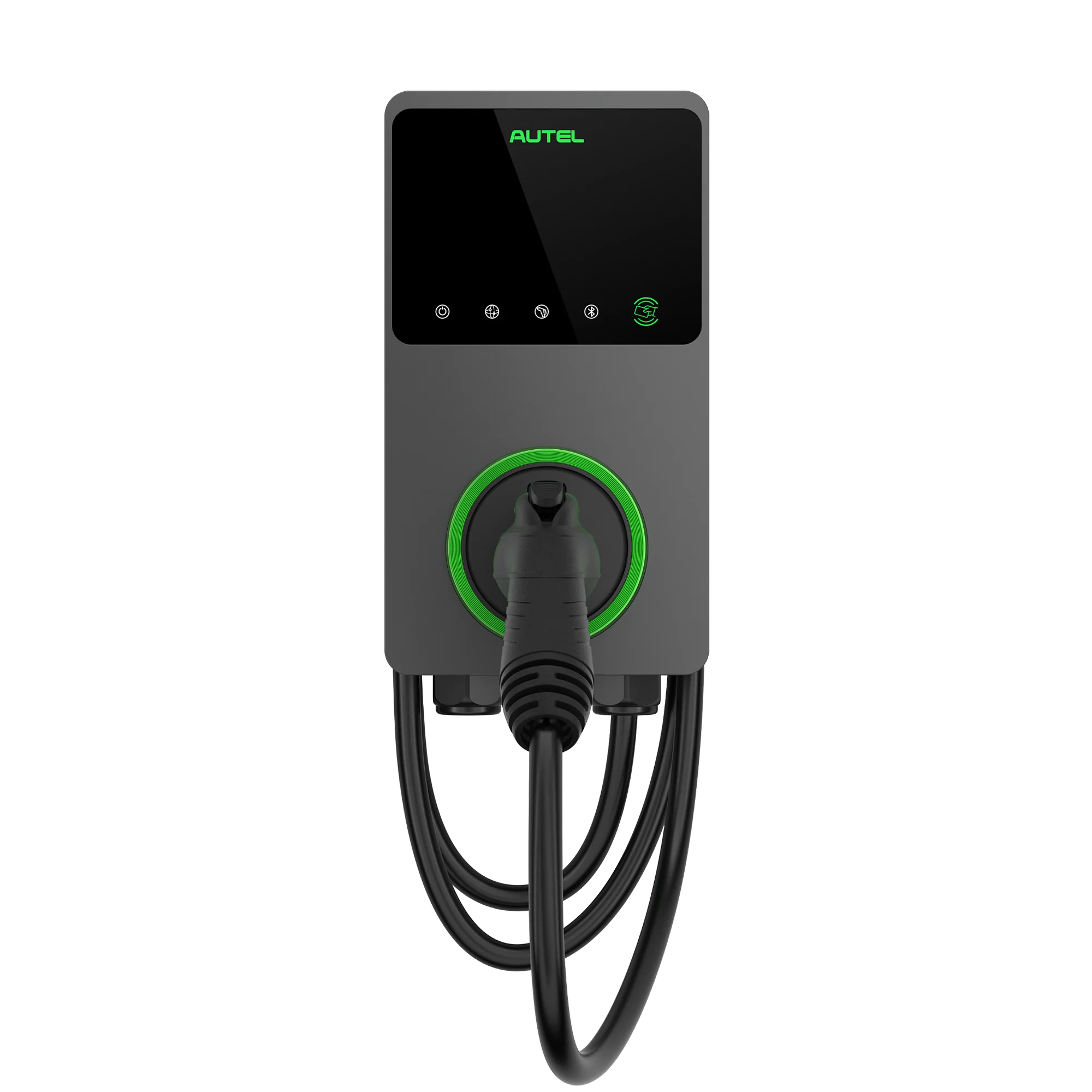
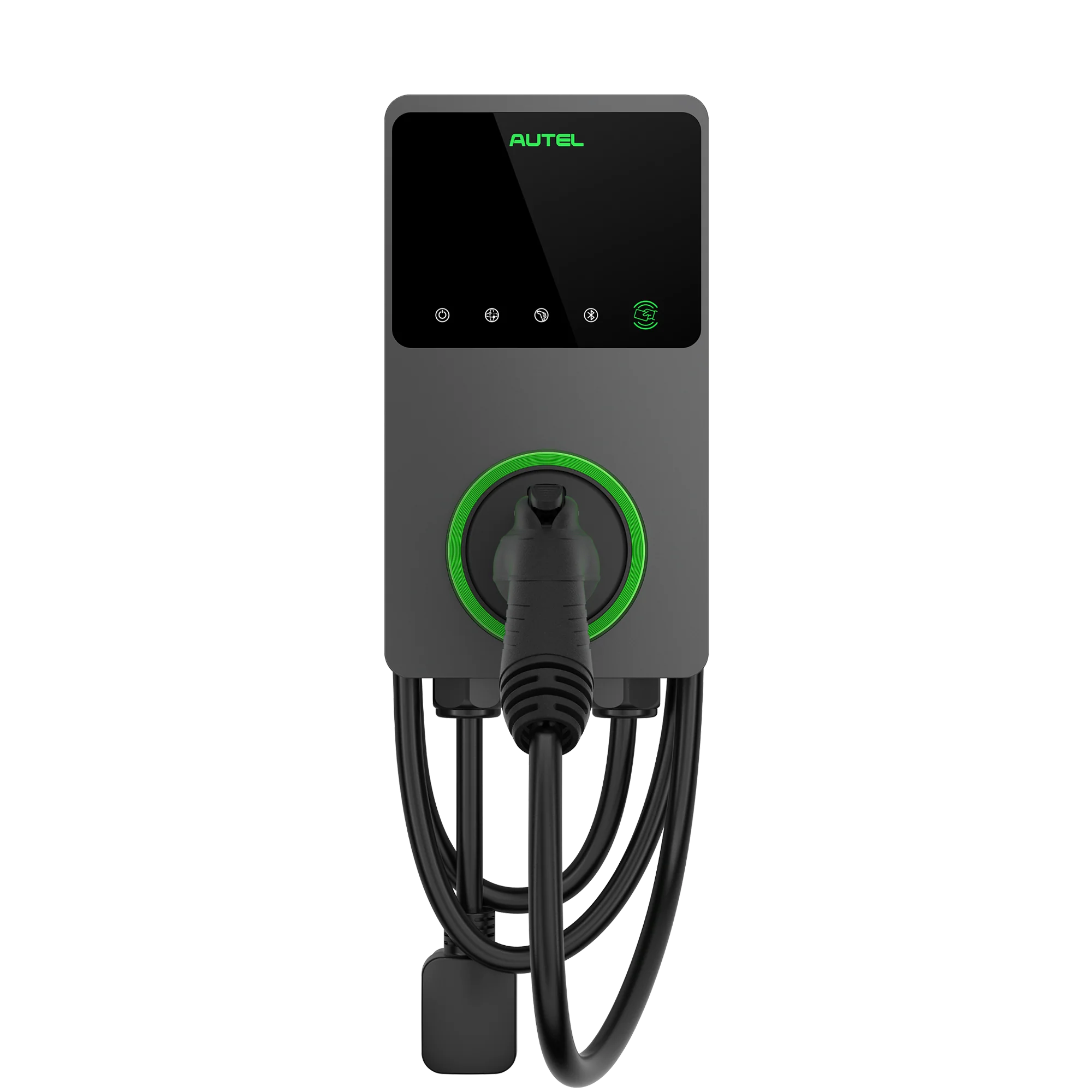
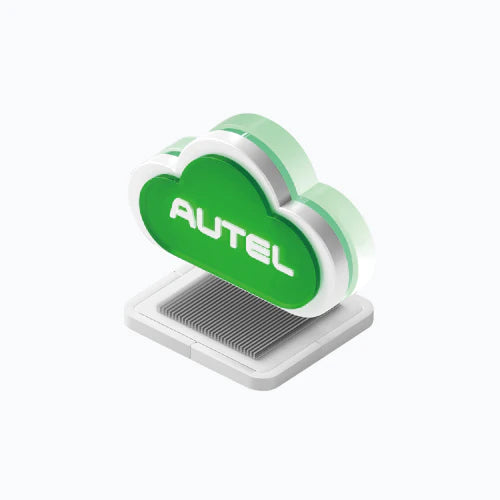
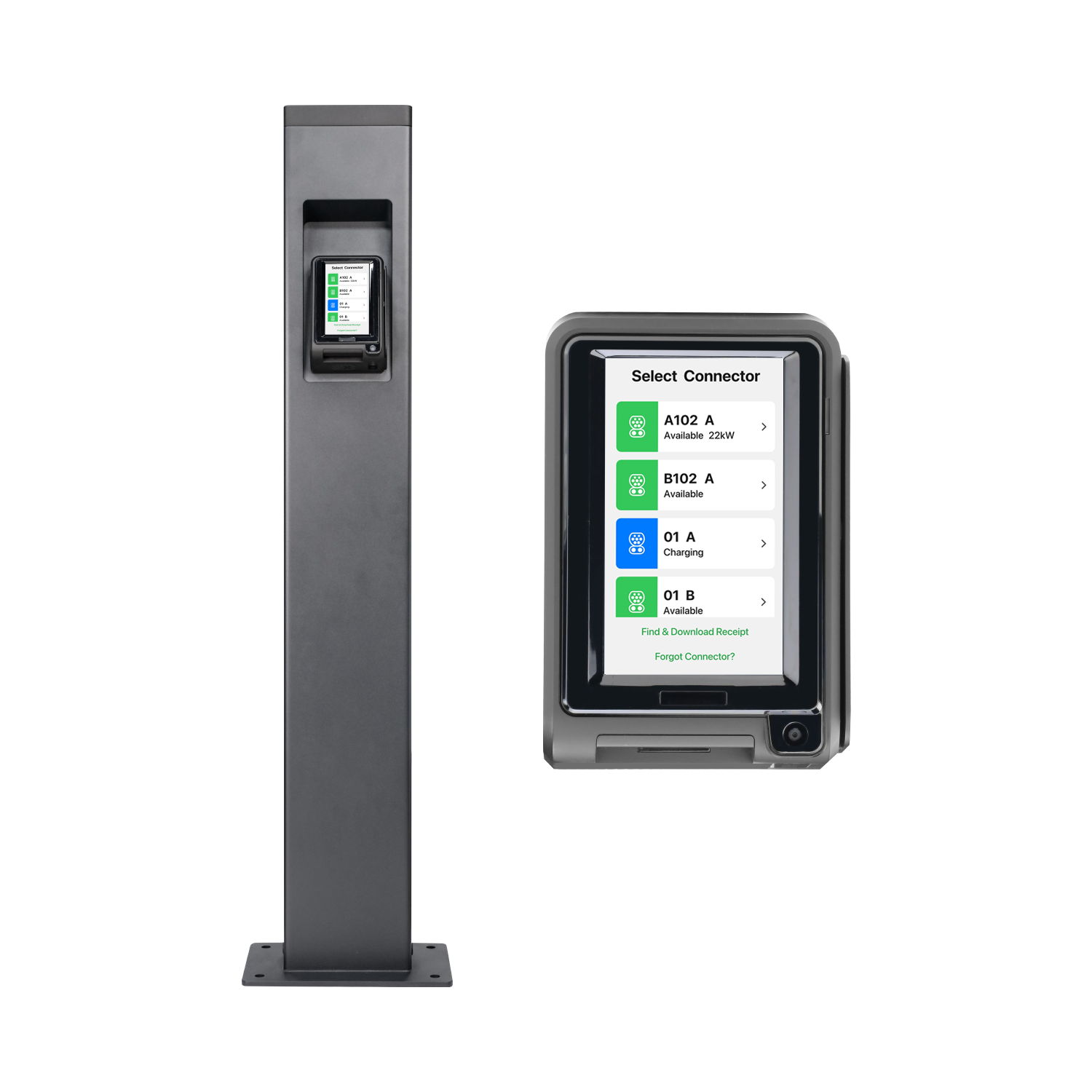
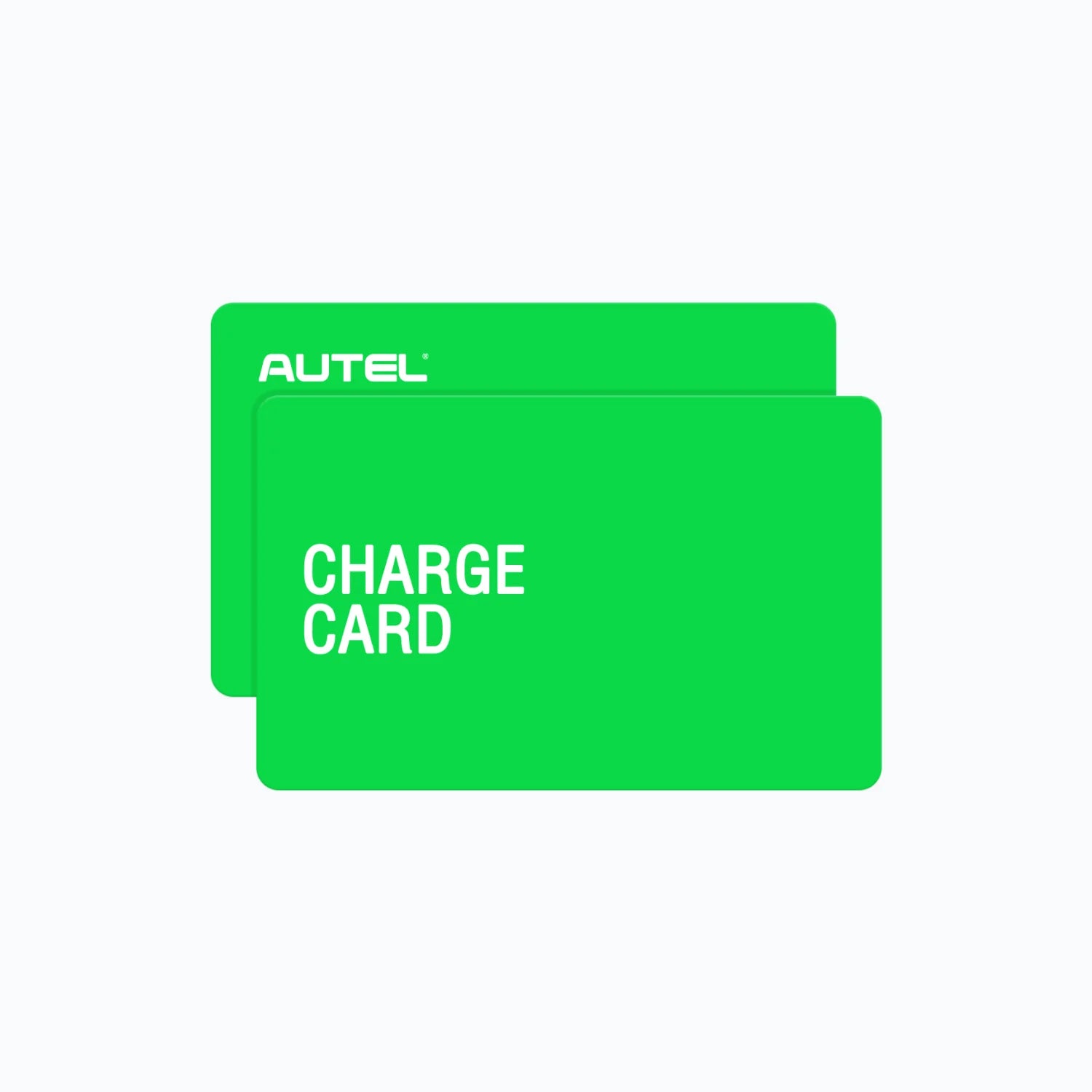
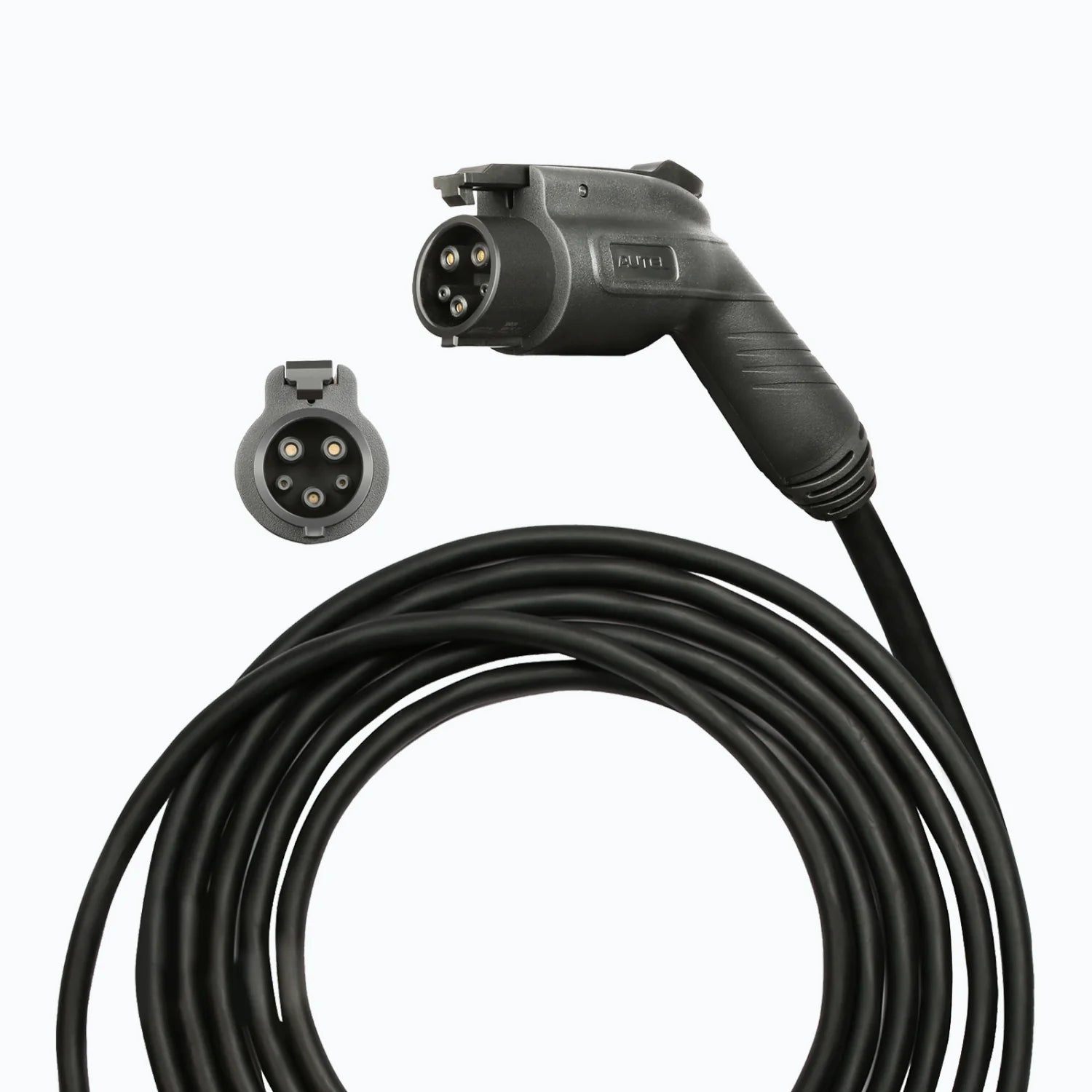
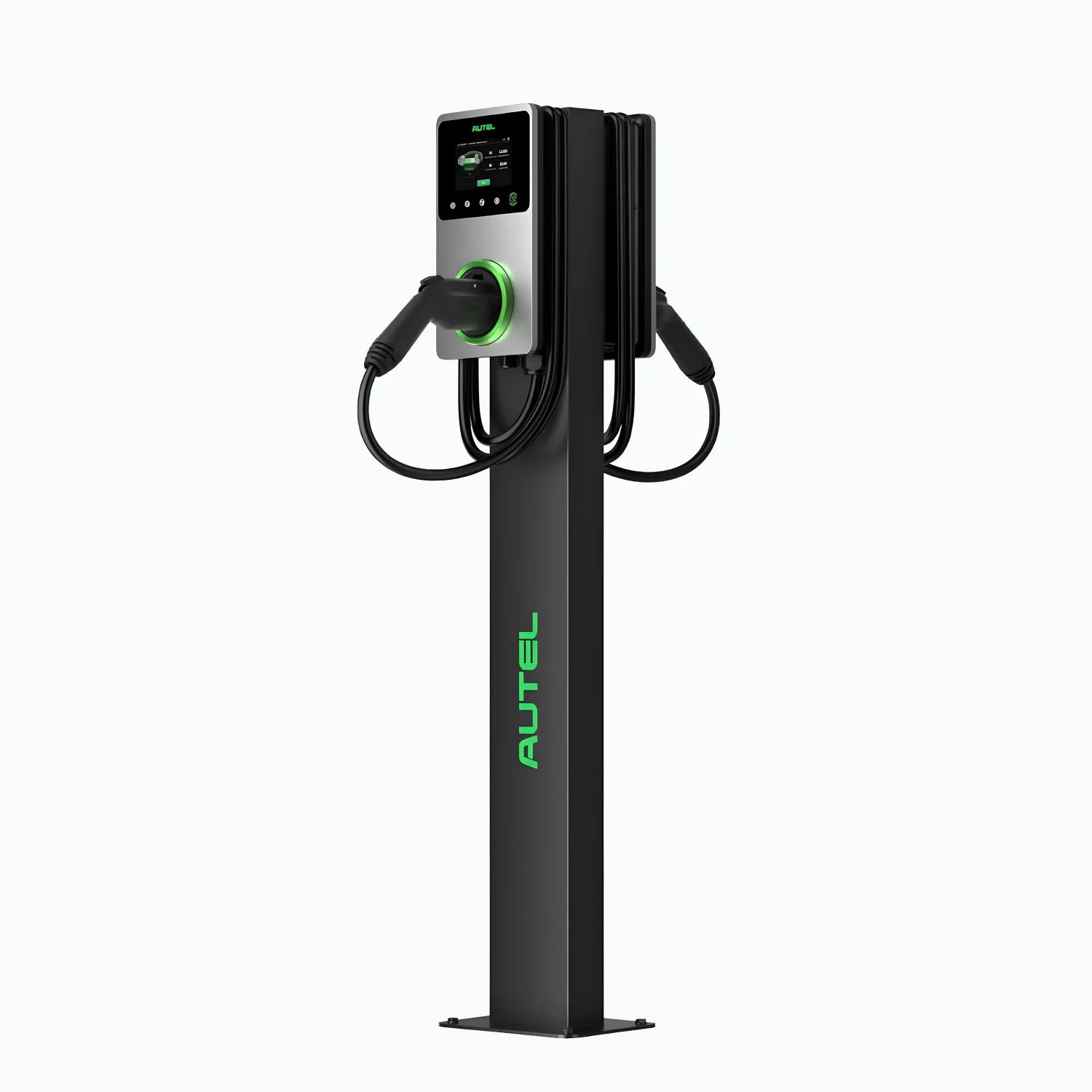
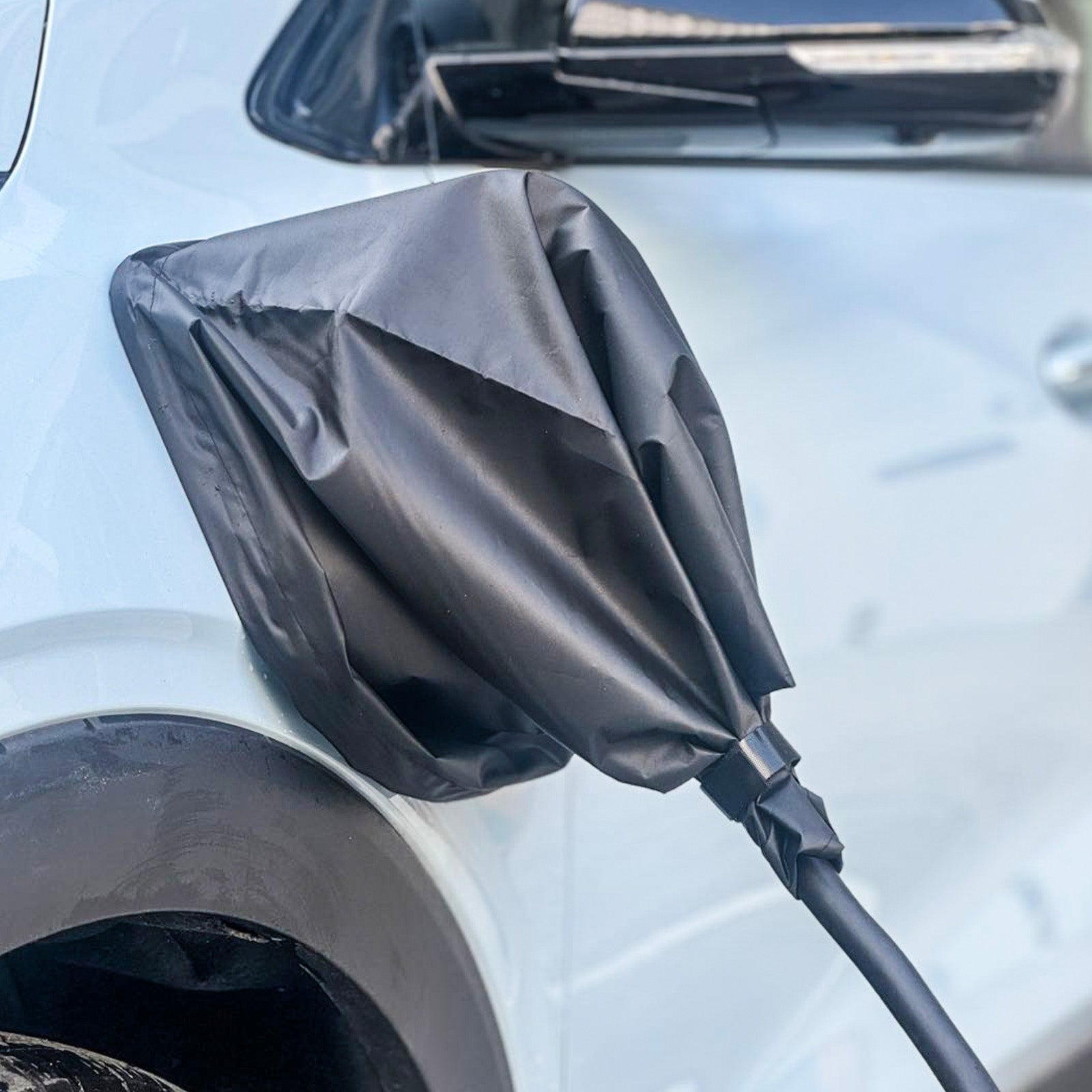
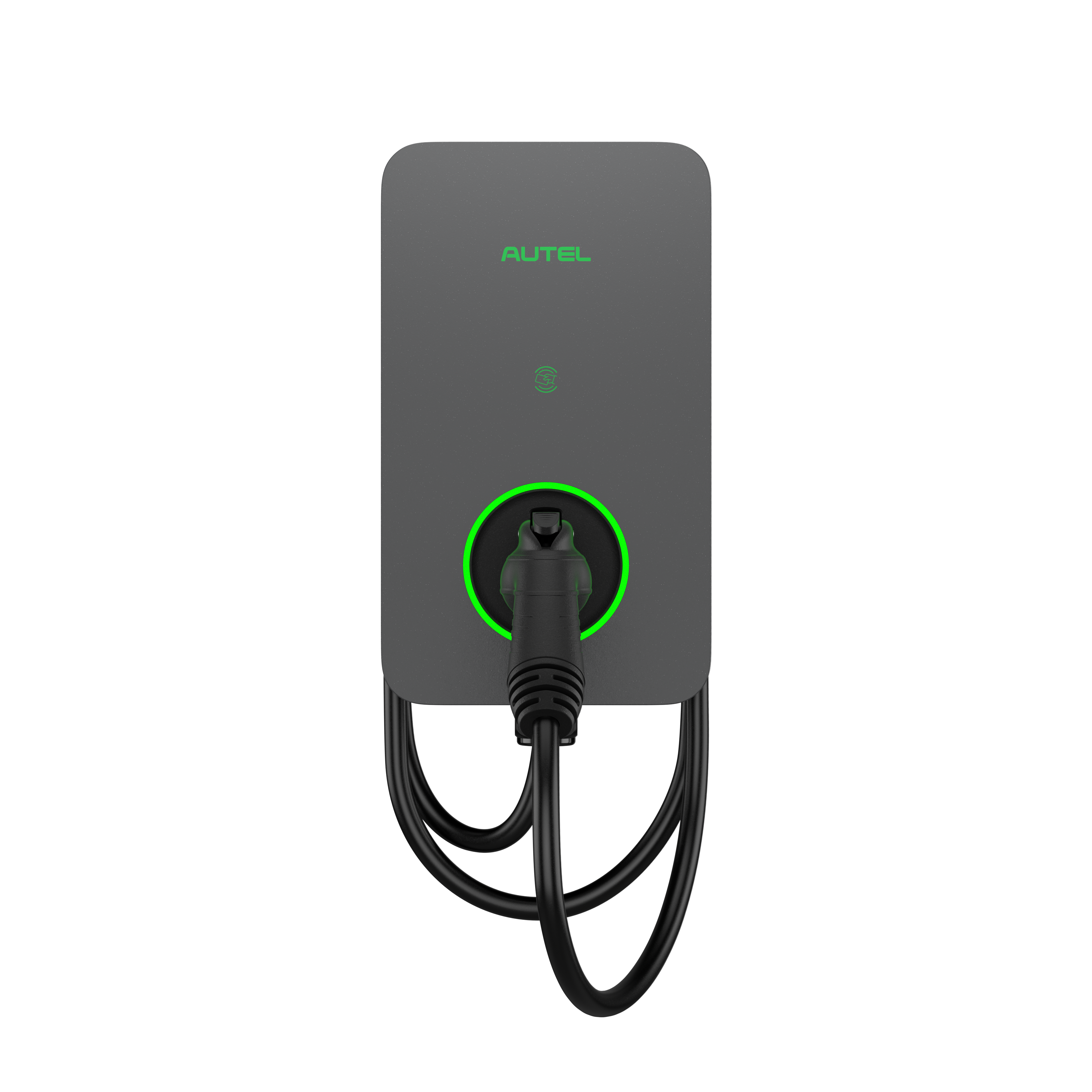
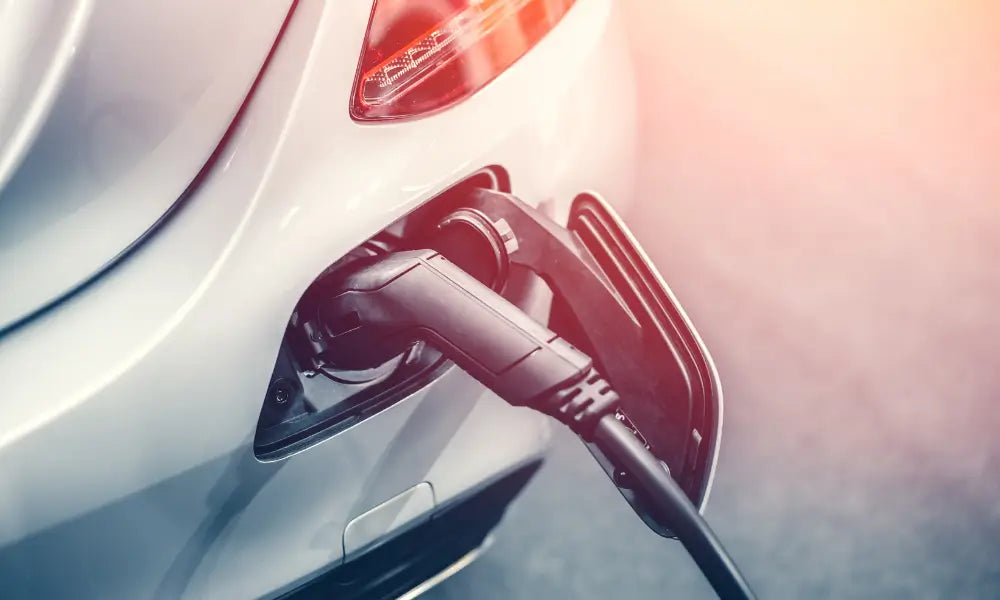

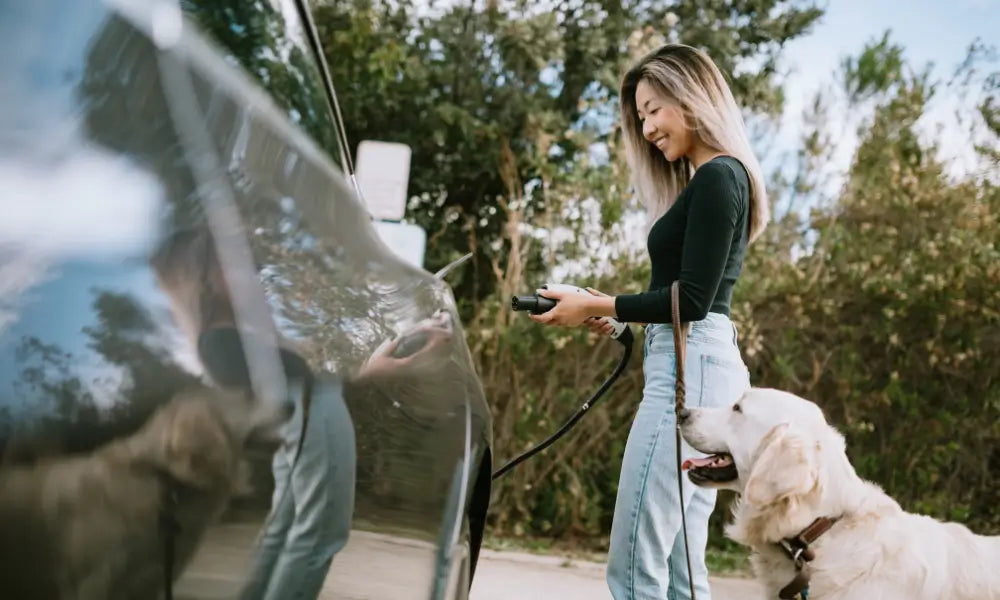
Laisser un commentaire
Tous les commentaires sont modérés avant d'être publiés.
Ce site est protégé par hCaptcha, et la Politique de confidentialité et les Conditions de service de hCaptcha s’appliquent.